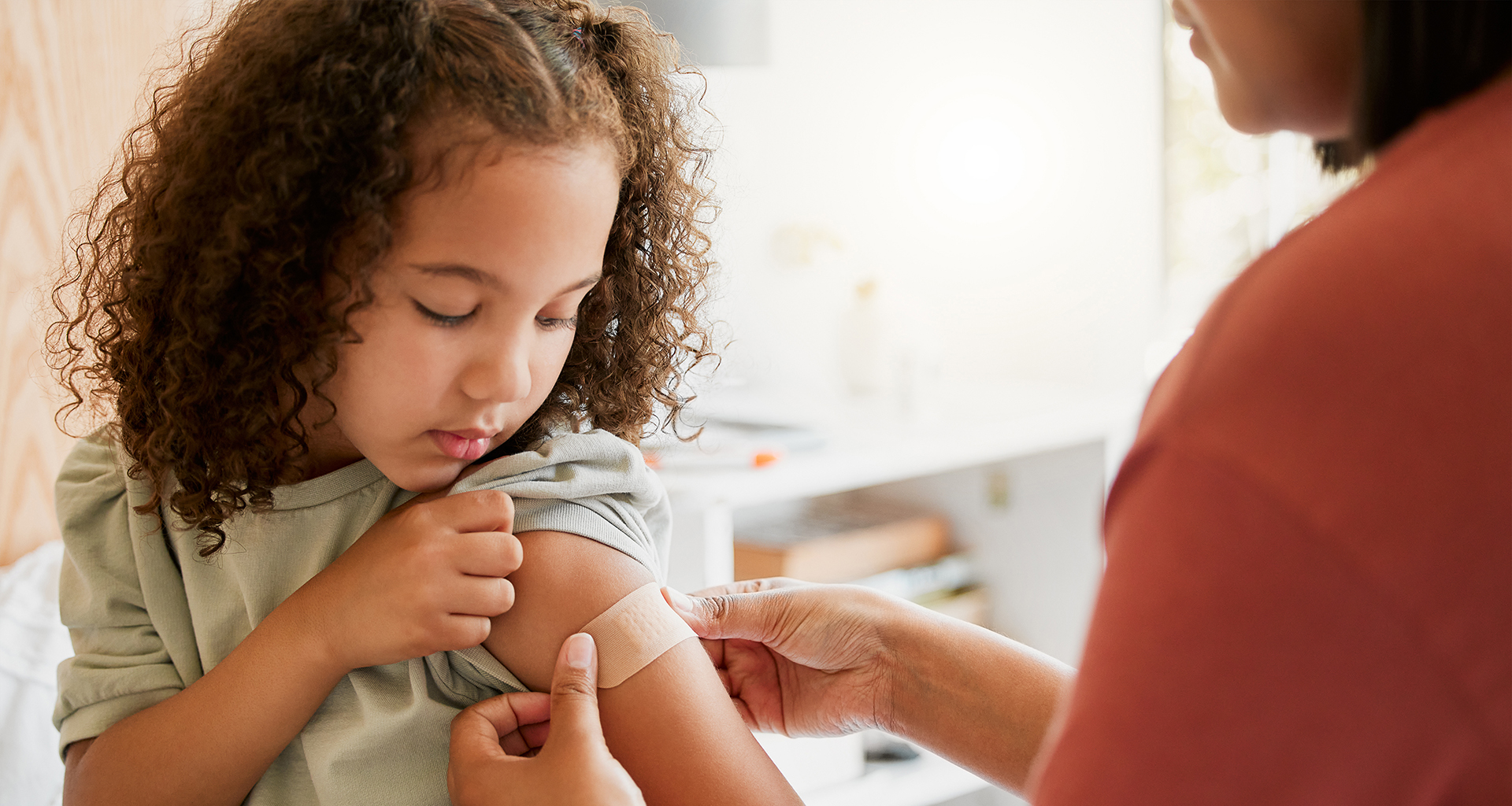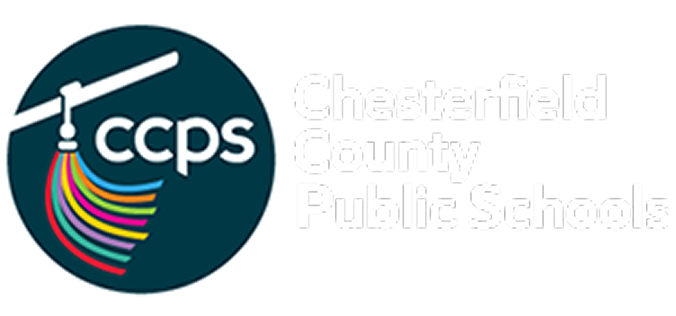
Health And Wellness
Overview
Our clinic staff includes a Registered Nurse and Clinic Assistant who work together to promote optimum health for the school community. Functions of our school health team include:
Review of health records to identify students with health needs
Developing emergency action plans for students with health problems such as asthma, allergies, diabetes, and seizures
Identification and follow-up of health problems affecting children’s learning
Referrals to community resources
Individualized health education to students, parents, and school personnel
Medication administration
Review of student’s immunization records
Investigation and follow-up of communicable diseases
Participation on IEP teams and 504 planning
Emergency First Aid
Health Screenings (hearing, vision), health education classes
Promotion of wellness activities for faculty and staff
Representation on committees within the school
Medication Procedure
Administration of Non-Prescription Medications:
Parent will complete a medication administration request form and provide the medication in the original, unopened, packaging with the student’s name on it. Per CCPS Policy, school personnel may not administer non-prescription medication more than twice a day, more than three consecutive days, or more than three times per month without the written authorization of the student’s licensed health care provider. All medication will be brought to the clinic by the parent.
Administration of Prescription Medications:
School personnel will administer prescription medication to a student only with a written order from the student’s licensed health care provider that specifies the name of the medication, required dosage, and time the medication is to be given. A medication request form will be completed by the parent and provider. The medication, in its original container will be brought to the clinic by the parent. Students are not allowed to transport medication to and from school.
If your student requires prescription medication at school, please provide the required order when presenting the medication to clinic personnel. There are two medication request forms. One is for prescription medications and one is for over-the-counter medication
Sick Day Guidance
Keeping your child home is advised if illness symptoms would prevent participating in school.
Tobacco & Vaping
E-cigarettes/vapes are the most commonly used tobacco product among U.S. and Chesterfield County youth. Vapes may contain nicotine, although they may be used to deliver marijuana (THC) and other drugs. Other tobacco products youth may use include cigarettes, cigarillos, cigars, nicotine pouches and synthetic nicotine products. Nicotine in any form is highly addictive.
Support youth in quitting tobacco for good.
Most youth who vape or use tobacco products want to quit. Free resources for quitting tobacco and vaping include:
This is Quitting: Text DITCHVAPE to 88709
Talk to youth about tobacco and nicotine
Did you know that it is illegal for anyone under 21 in Virginia to purchase, use or possess any tobacco or nicotine product? It is also illegal for anyone to purchase tobacco products for (or sell to) underage youth. If you talk to youth early and often about substance use, including tobacco and nicotine, they are more likely to respect your rules and advice. For more information and conversation tips, visit:
